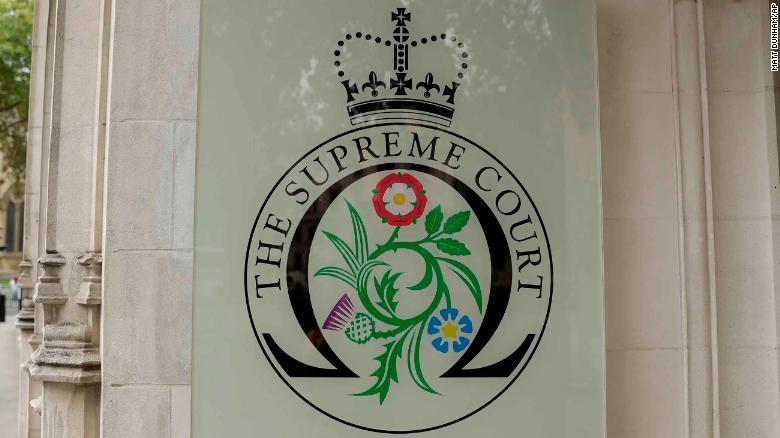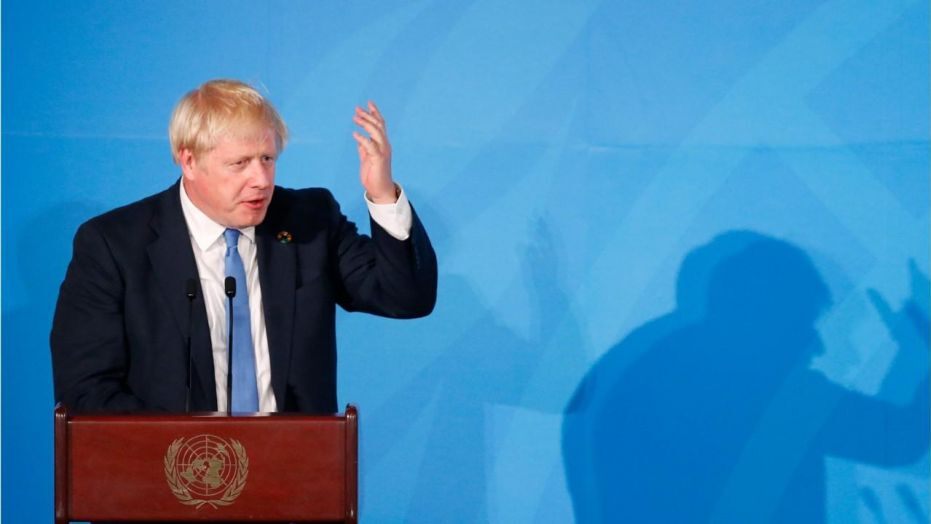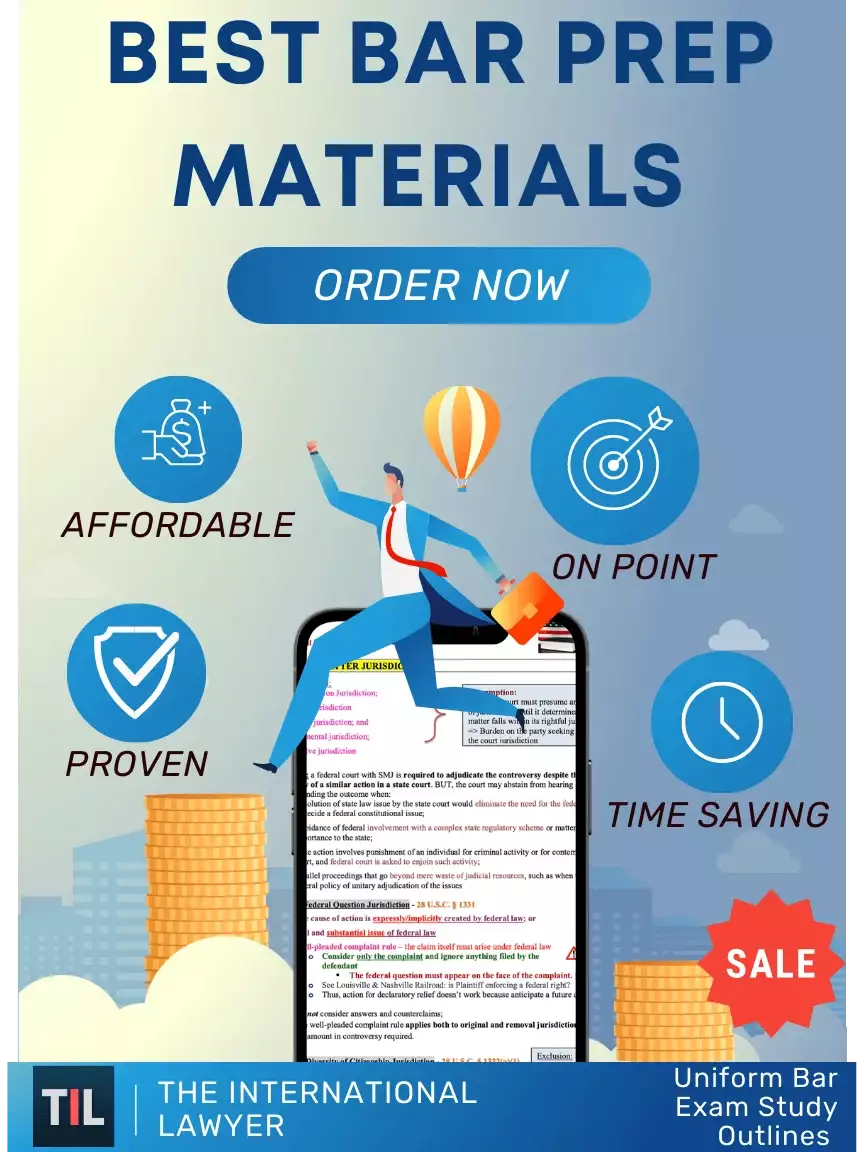The Legal Challenges surrounding Brexit
Since the very first day of the United Kingdom European Union membership referendum on June 23rd 2016, Brexit has captured most of the European Union agenda. It is a halfway between Beckett’s play ‘Waiting for Godot‘ and Shakespeare’s ‘Richard III’. In short, it is depressing.
It is quite difficult to follow the latest news on Brexit, it feels like watching an entire season of Game of Thrones over night. I mean, come on: King Charles I also prorogued an hostile British Parliament in 1629 but it ended up in a civil war and his eventual execution for treason. Not sure if it was a great example to follow.
This post only discusses the current legal challenges surrounding Brexit, that is (1) whether Prime Minister Boris Johnson acted unlawfully when he suspended parliament; and (2) whether anti-Brexiters can force article 50 extension.


The first legal challenge surrounding Brexit was answered on September 24th, 2019 when the UK supreme court ruled that Boris Johnson’s advice to the Queen that parliament should be prorogued for five weeks at the height of the Brexit crisis was unlawful.
The issue here was mostly constitutional and essentially exposed the British unwritten constitution. In particular, the first legal question was whether the prime minister’s decision – exploiting residual, royal prerogative powers – was “justiciable” and could consequently be subjected to scrutiny by the courts.
The second issue then was whether the decision to suspend parliament was legal.
Earlier this month, Scottish appeal court judges had declared that decision unlawful. However, the High Court in England had previously ruled the opposite way, saying that the suspension was “purely political” and therefore “not a matter” for the judiciary.
On the first issue, the Supreme court ruled that Johnson’s decision to prorogue parliament could be examined by judges, overturning the ruling of the high court in London.
On the second issue, the President of the Court- Lady Hale- said: “This court has […] concluded that the prime minister’s advice to Her Majesty [ to suspend parliament] was unlawful, void and of no effect. This means that the order in council to which it led was also unlawful, void and of no effect should be quashed.

So what now? Responding to the judgment, the Commons Speaker, John Bercow, said he would recall parliament on Wednesday at 11.30 am for urgent questions to ministers. Meanwhile, Boris Johnson cut short his US trip to fly back to UK.
In short, the decision was unusually clear and forthright. First, the Supreme Court asserted the absolute supremacy of parliament over the government, and second we are seeing the judiciary taking an enhanced position within the UK’s unwritten constitution.
This decision will surely impact the government agenda, but it could also influence another pending case in Scotland where Brexit campaigners filed a petition to force the Prime Minister to seek an extension to Article 50.
It is once again in Scotland, where 62% voted to remain in the EU, that Anti-Brexit campaigners have filed a legal challenge in an effort to compel Boris Johnson to seek an extension to article 50.
This comes after a bill was passed in Westminster (right before the legislature was sent back home), which requires the prime minister to write to European leaders if deal is not agreed by 19 October.

However, the Prime Minister said he would “rather be dead in a ditch” than ask for a further delay beyond 31 October. To which Lord Macdonald, the former director of public prosecutions, answered that Johnson could end up in prison. “It is convention that if you are found guilty of defying a court order, then you are jailed.” he said.

The petitioners basically want the Court of Session to use its powers to effectively sign the letter to the EU on the Prime Minister’s behalf if he refuses to do so.
“The inner house of the court of session has a special and versatile jurisdiction – its nobile officium – which it can use to, in effect, per procurationem or ‘pp’ any letter that the prime minister refuses to send,” said Scottish National party MP Jo Maugham QC. “The rule of law is not a thing to be grifted – not even by the prime minister.”
The fact is, the Prime Minister would come within the scope of the criminal offence of misconduct in public office if he’d refused an extension of the Article 50 period. There is also the tort of misfeasance in public office where, if Boris Johnson or any other public servant was held to be a tortfeasor (what a lovely word) then there would be liability in damages for losses that were caused by the unlawful action.
There is precedent to be used in a situation where the court authorises a person – typically the Clerk of Court – to subscribe documents that are legally required to be signed, “specifically where the rightful signatory is recalcitrant or unable to sign the document” but obviously the rightful signatory has never been the government.
It is yet to be seen what the Court of Session will decide. The nobile officium is seen as a process of last resort and there should be no other avenue of redress available to the petitioner. So we might have to wait October 19 to see what would happen.
In sum

It appears that Brexit has opened a constitutional crisis in the United Kingdom. By fundamental constitutional principle, the prime minister is parliament’s servant. Whether or not Parliament takes control of Brexit is yet to be seen, but in the end Brexit would have redefined the limits of the UK unwritten constitution.






